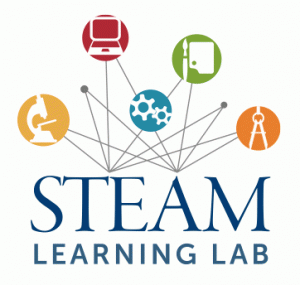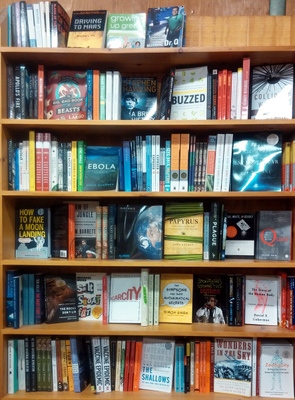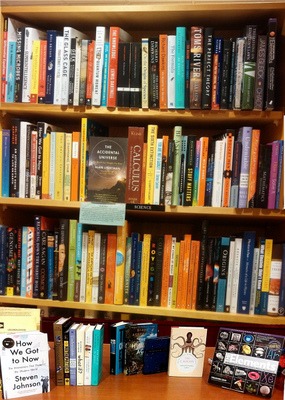The Museum Institute for Teaching Science will hold a series of professional-development workshops — for staff, volunteers, and other museum professionals — at Clark University in Worcester on January 22, February 26, March 19 and April 7. The cost is $40 per day with discounts for multiple days. Register and pay online. Topics include:
- Butterflies, Caterpillars and Phenology: Community Ecology Through Citizen Science
- More Than Show and Tell: Artifacts and Biofacts in Inquiry
- 3 Websites and 2 Small Pieces of Glass = 1 Easy Introduction to Astronomy
- Making Science Accessible Through Inquiry
- Creating Exciting Programs and Exhibits to Develop Environmental Literacy
- Changes in Bird Populations in Massachusetts and Opportunities for Educators
- For the Birds: Investigating Engaging Experiences to Use in Your Programs



